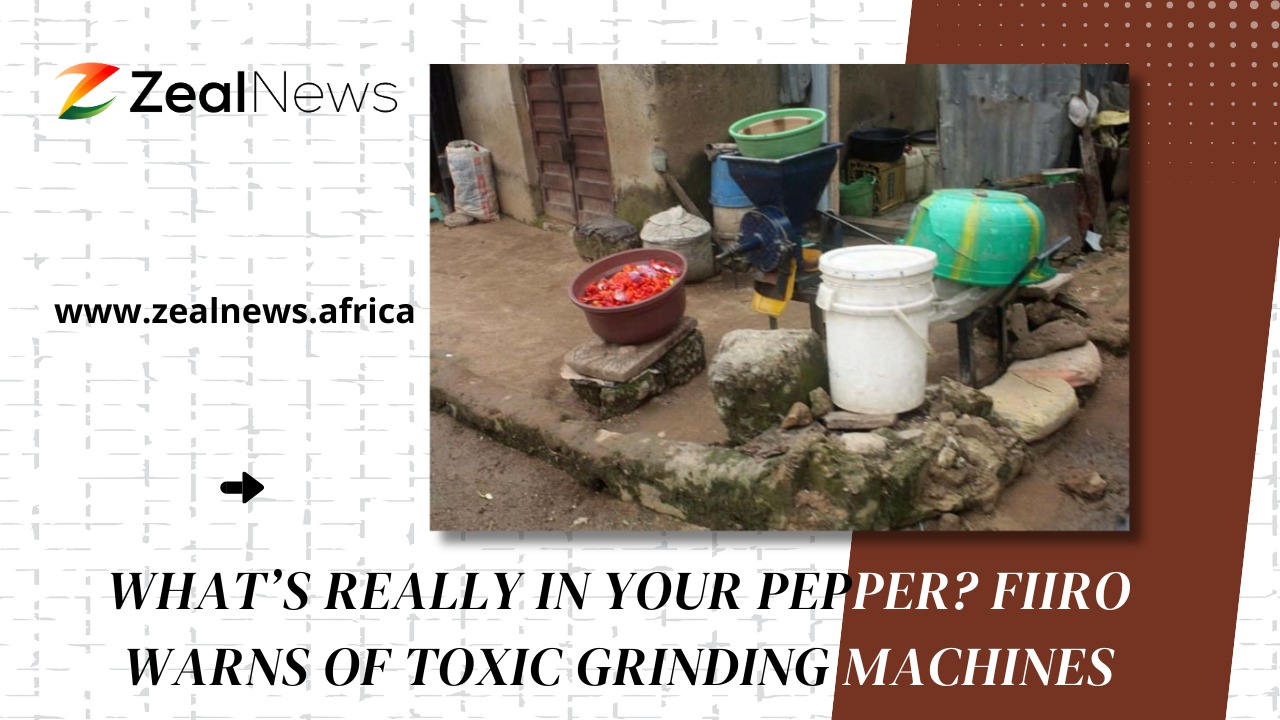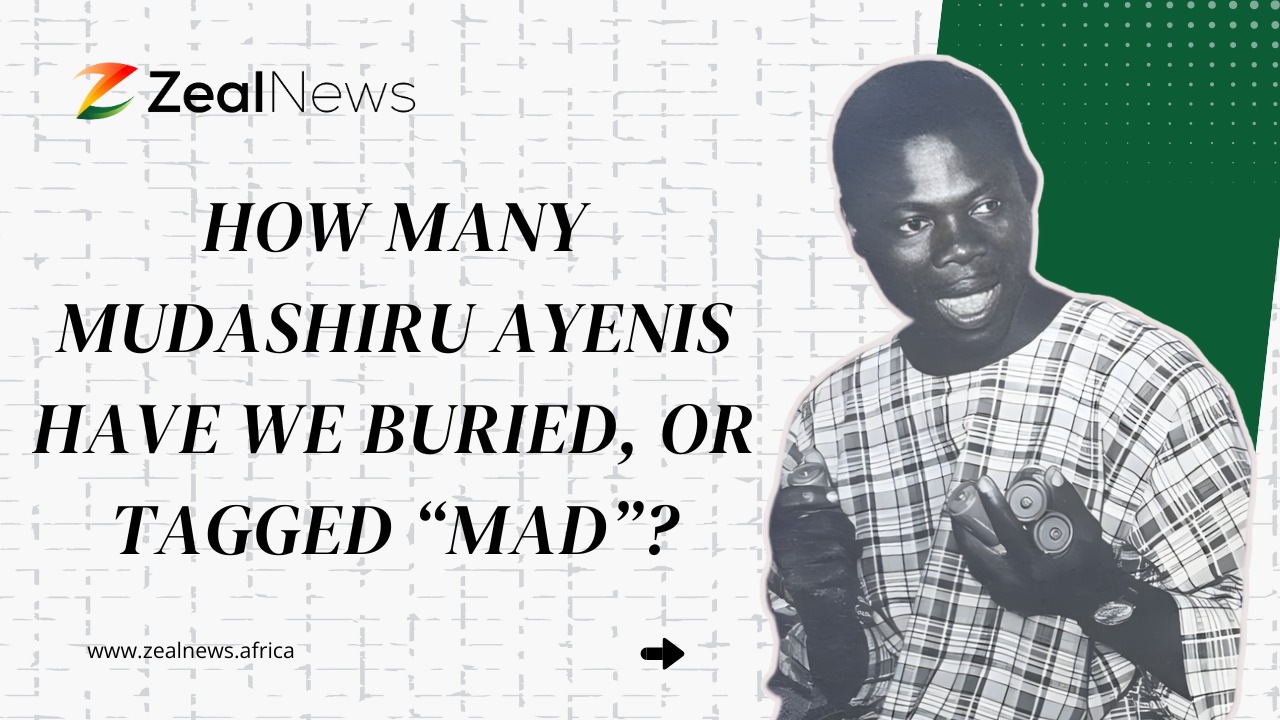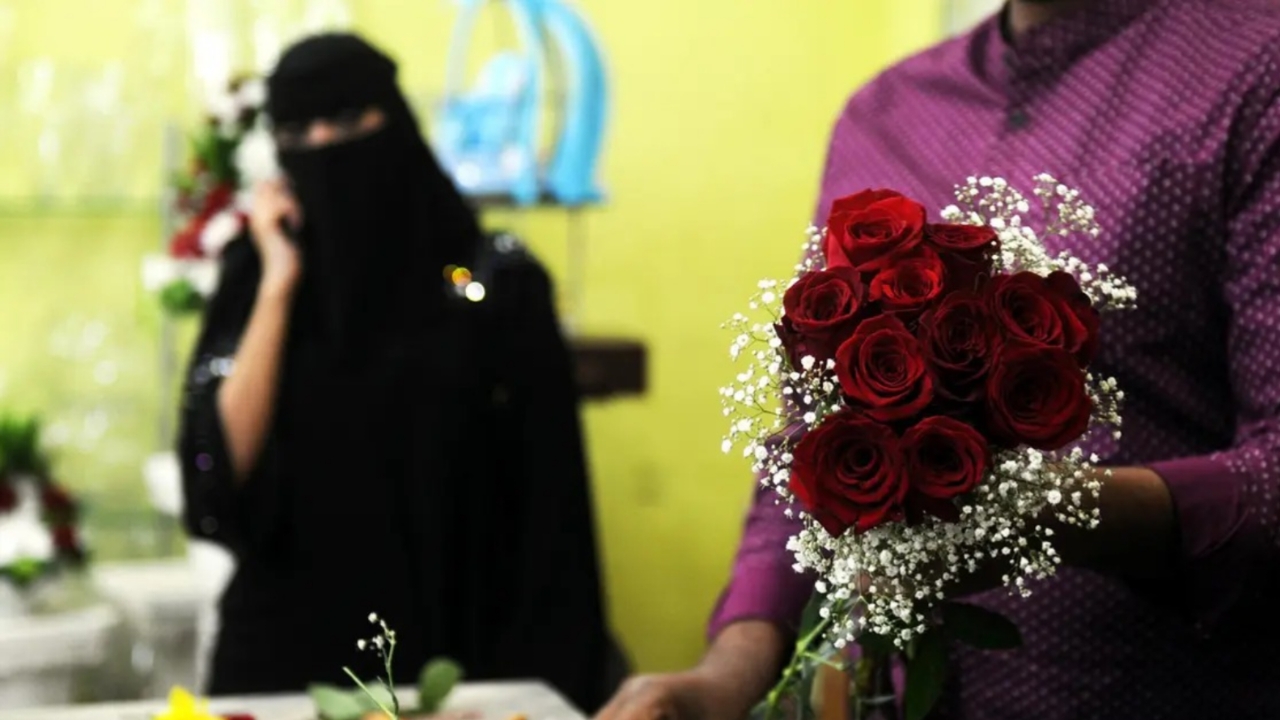We Don’t Cry Here: African Men and the Loneliness No One Talks About

Introduction: A Boy Who Couldn’t Cry
It starts with silence. A little boy, no older than nine, stands at the edge of a funeral crowd. His uncle is gone. His heart is pounding. Tears brim and fall. But just as he lets one sob escape, a hand grips his shoulder and a voice hisses: "Stop that nonsense. Are you not a man?"
And just like that, the lesson is learned: emotions are weakness, and weakness is not for men.
This isn’t fiction. It’s memory. It’s culture. It’s the unspoken syllabus passed down from father to son, brother to brother, teacher to pupil, generation to generation: real men don’t cry.
But what happens when crying is the only thing that could save him?
This story isn’t just about tears. It’s about silence. About shame. About the unseen epidemic of loneliness that follows African men from childhood to old age. It’s about mental health. It’s about survival. It’s about the cost of pretending to be okay.
Because the truth is, we were never taught how to feel. We were only taught how to endure.
The Culture of Emotional Repression
Across African societies, emotional detachment is often mistaken for maturity. Boys are groomed to suppress emotional expression from an early age. Crying is seen as weak. Vulnerability is perceived as shameful.
The psychological cost is immense. Studies by the African Mental Health Foundation indicate that many men equate emotional pain with failure. What they internalize as strength becomes a barrier to connection, healing, and help.
The result? Men who wear masks. Men who feel deeply but are never allowed to express it.
The Hidden Cost: Mental Health in African Men
In South Africa, men are four times more likely than women to die by suicide, according to the South African Depression and Anxiety Group (SADAG).
Social Insight
Navigate the Rhythms of African Communities
Bold Conversations. Real Impact. True Narratives.
In Nigeria, reports from WHO and domestic studies confirm that men are significantly less likely to access mental health services, even though they experience similar, if not higher, levels of distress.
Symptoms are often misread. Depression manifests not as sadness but as aggression or withdrawal.
Loneliness is disguised as sexual escapism or substance use. And by the time many seek help, the damage is severe.
Cultural stigma also plays a role. Mental health is still largely misunderstood, and men are often told to "snap out of it," pray harder, or "man up."
Patriarchy Hurts Men Too
While patriarchy continues to disadvantage women in countless ways, it also dehumanizes men. It turns them into providers, warriors, and disciplinarians — not sons, brothers, or humans.
This rigid script demands that men always perform. Show strength. Lead. Suppress. It is no wonder that when life deviates from this path, many fall apart.
A 2021 study by Afrobarometer found that over 65% of African men felt "unseen" unless they were fulfilling traditional roles. That invisibility drives disconnection and isolation.
Real Stories, Real Pain
Jide, 32, Lagos: "After I lost my job, I didn’t tell anyone for six months. I’d wear my shirt and tie and pretend to go to work. I couldn’t even tell my wife. I felt like I was no longer a man."
Samuel, 19, Accra: "In school, I was bullied for being too quiet. Teachers told me to speak up. My father said, 'be a man.' I started drinking. I still don't know how to talk about what I'm feeling."
Tunde, 42, Ibadan: "I didn't cry when my mother died. I just sat there. I haven't cried in 20 years. Sometimes I feel like I want to scream, but I don't know how."
These stories aren’t unique. They are symptoms of an inherited silence.
The Burden of Brotherhood: Even Among Men, There Is Distance
While African men gather in large numbers at football matches, bars, or community centers, their emotional lives remain closed off. Intimacy among men is rare.
Social Insight
Navigate the Rhythms of African Communities
Bold Conversations. Real Impact. True Narratives.
Support often sounds like a joke or a drink, not a conversation. Phrases like "you go dey alright" or "guy, shake it off" replace honest connection.
The result is emotional starvation in plain sight. Men want to be held, understood, and seen — but have few spaces to ask for it. Friendship becomes performance, not refuge.
Redefining Strength: What Real Masculinity Could Look Like
Real strength lies in authenticity, not appearance. Mental health experts from Nairobi to Cape Town argue that reimagining masculinity must begin in homes and schools.
Teaching boys to name their emotions. Encouraging fathers to be tender. Creating space for vulnerability in places where men gather.
Being strong should include:
Having the courage to say "I’m struggling."
Being honest in relationships.
Seeking therapy when needed.
This doesn’t weaken masculinity. It humanizes it.

Photo Credit: Pinterest
The Healing Generation: Change Is Coming
From Lagos to Kigali, African Gen Z and Millennials are quietly starting a revolution. They're rejecting shame. They're building communities, both physical and digital, where men can talk, cry, and heal.
In Ghana, youth groups hold "emotion circles." In Nairobi, online platforms host virtual group therapy sessions for men. In South Africa, organizations like Brothers For Life advocate for mental and emotional wellness.
Public figures are also paving the way. Comedian Trevor Noah speaks openly about childhood trauma. Afrobeat artist Omah Lay has spoken publicly about depression. These stories matter — because visibility is medicine.
Social Insight
Navigate the Rhythms of African Communities
Bold Conversations. Real Impact. True Narratives.
READ ALSO: Afro Blazers Series (Part 16): From Born a Crime to Global Icon — The Trevor Noah Story
Conclusion: We Were Never Meant to Hurt Alone
To build a better Africa, we need healthier men. Men who are not afraid of softness. Men who see vulnerability as courage, not shame.
The silence must end. It is costing lives, relationships, and entire generations of men.
To every African man who’s been told to "man up":
You were never weak for feeling.
You were never wrong to cry.
You deserve love, support, and healing.
And maybe the most revolutionary thing you can do today… is FEEL.
You may also like...
When Sacred Calendars Align: What a Rare Religious Overlap Can Teach Us

As Lent, Ramadan, and the Lunar calendar converge in February 2026, this short piece explores religious tolerance, commu...
Arsenal Under Fire: Arteta Defiantly Rejects 'Bottlers' Label Amid Title Race Nerves!

Mikel Arteta vehemently denies accusations of Arsenal being "bottlers" following a stumble against Wolves, which handed ...
Sensational Transfer Buzz: Casemiro Linked with Messi or Ronaldo Reunion Post-Man Utd Exit!

The latest transfer window sees major shifts as Manchester United's Casemiro draws interest from Inter Miami and Al Nass...
WBD Deal Heats Up: Netflix Co-CEO Fights for Takeover Amid DOJ Approval Claims!

Netflix co-CEO Ted Sarandos is vigorously advocating for the company's $83 billion acquisition of Warner Bros. Discovery...
KPop Demon Hunters' Stars and Songwriters Celebrate Lunar New Year Success!

Brooks Brothers and Gold House celebrated Lunar New Year with a celebrity-filled dinner in Beverly Hills, featuring rema...
Life-Saving Breakthrough: New US-Backed HIV Injection to Reach Thousands in Zimbabwe

The United States is backing a new twice-yearly HIV prevention injection, lenacapavir (LEN), for 271,000 people in Zimba...
OpenAI's Moral Crossroads: Nearly Tipped Off Police About School Shooter Threat Months Ago
ChatGPT-maker OpenAI disclosed it had identified Jesse Van Rootselaar's account for violent activities last year, prior ...
MTN Nigeria's Market Soars: Stock Hits Record High Post $6.2B Deal

MTN Nigeria's shares surged to a record high following MTN Group's $6.2 billion acquisition of IHS Towers. This strategi...






